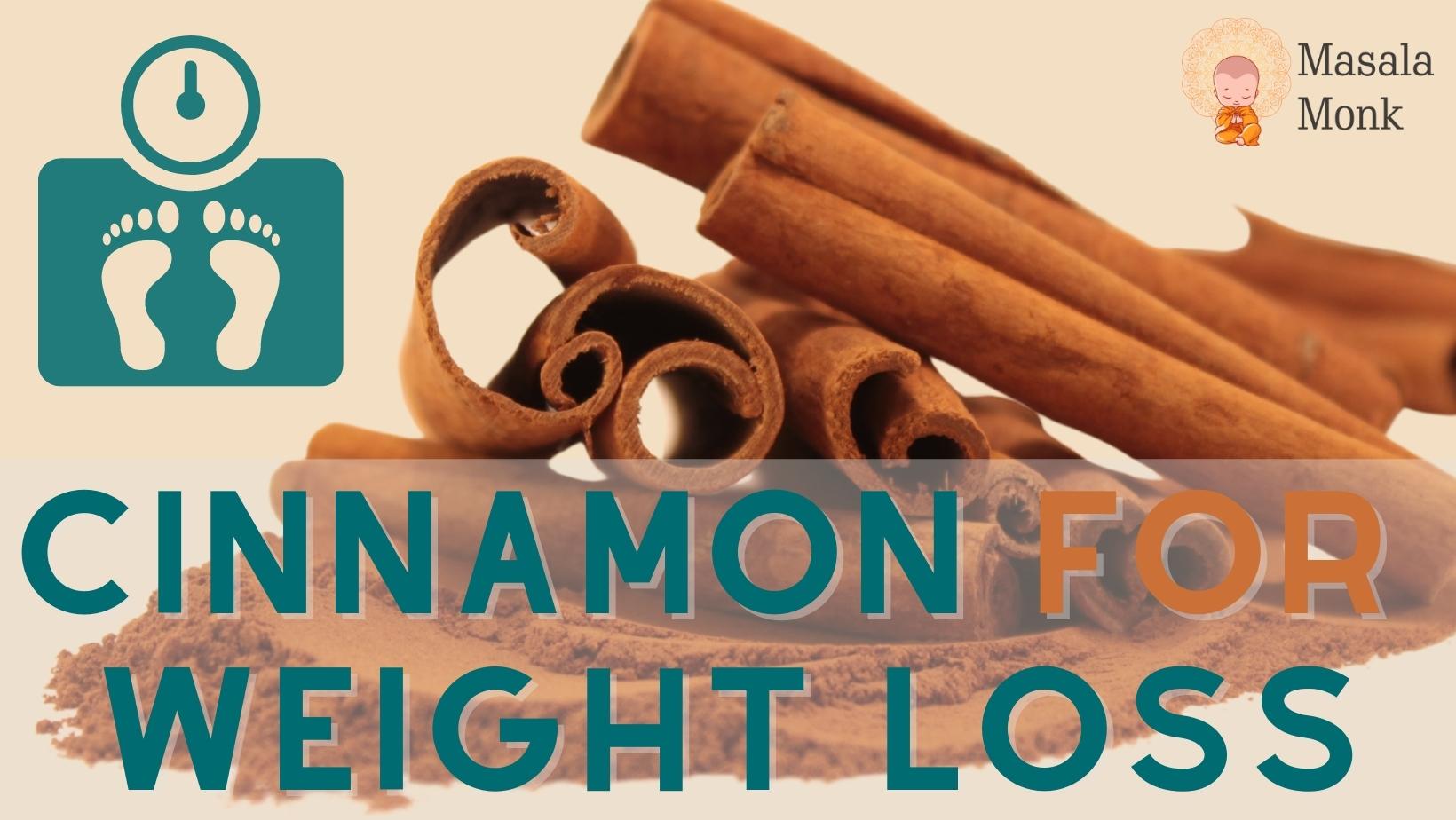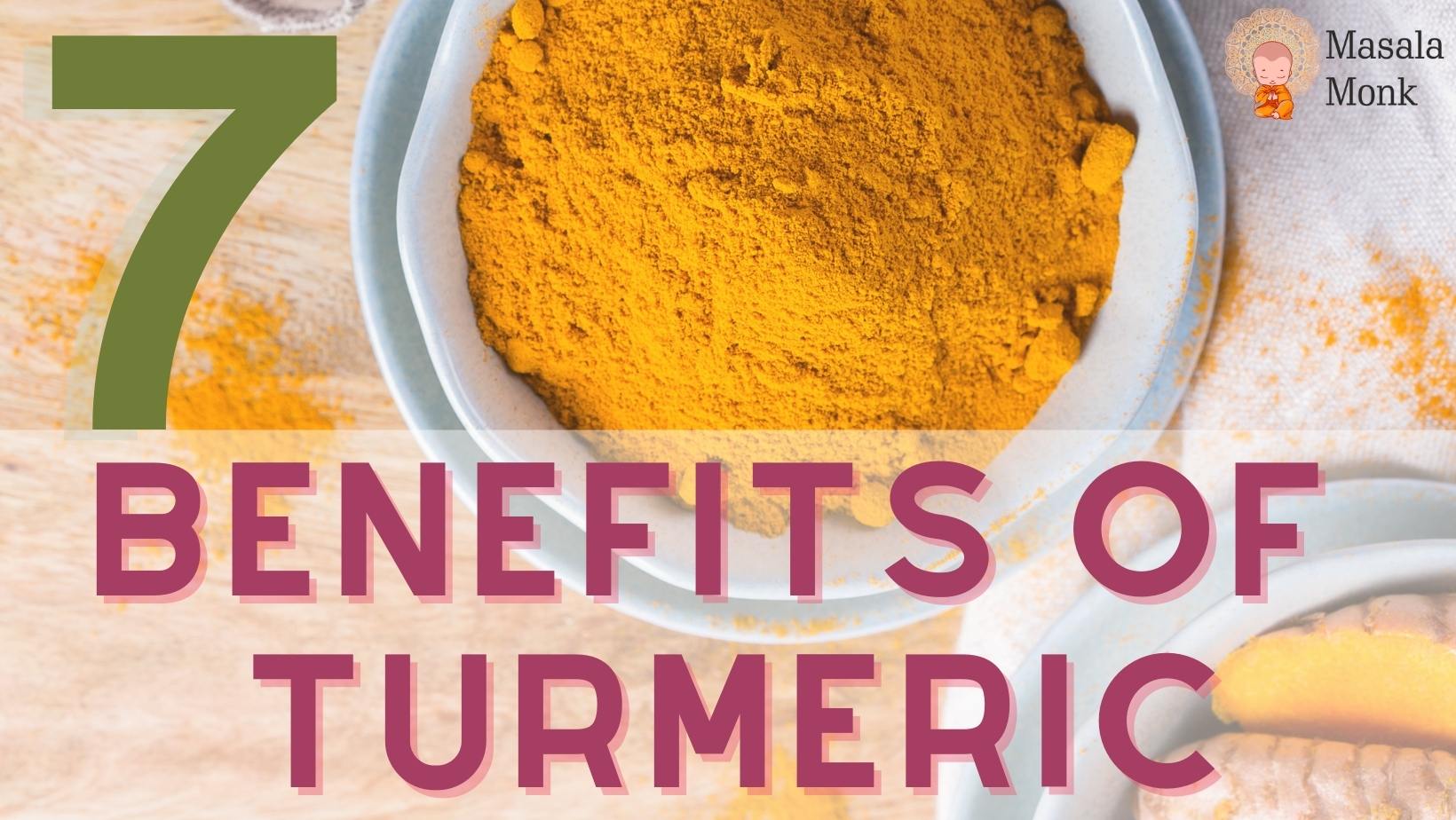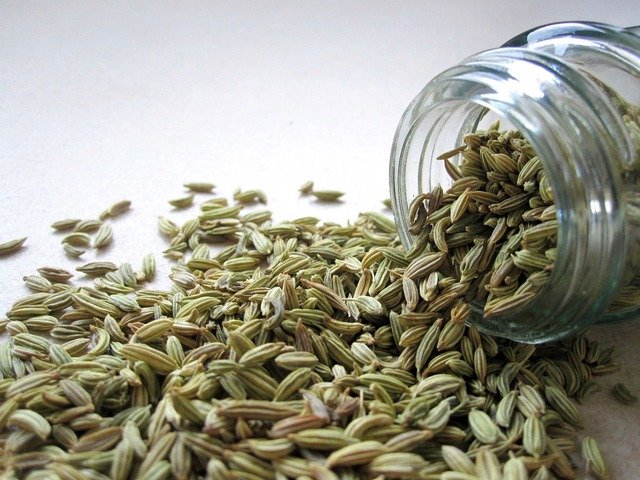
Pregnancy is a journey filled with joy, anticipation, and a fair share of uncertainties, especially regarding diet and nutrition. One common query that often puzzles expectant mothers is about the safety of consuming black pepper. Is it a friend or foe during these crucial nine months? This piece aims to dispel the myths and shed light on the facts. From its potential health benefits to the need for moderation, we dive deep into understanding how this everyday spice can impact pregnancy. So, let’s unravel the mystery of black pepper and its place in a pregnant woman’s diet.
What is Black Pepper? A Spice Under the Microscope
Black pepper, derived from the Piper nigrum plant, is more than just a common kitchen spice. It’s a culinary powerhouse packed with a surprising array of nutrients and bioactive compounds. The key players in its composition are capsaicin and piperine, which are responsible for its characteristic heat and numerous health benefits.
Nutritionally, black pepper is a treasure trove. It’s rich in vitamins like Vitamin C, which is essential for immune function, and Vitamin K, crucial for blood clotting. It also boasts a range of minerals including iron, necessary for red blood cell production; calcium, vital for bone health; magnesium, important for muscle function; potassium, which regulates blood pressure; and copper, involved in energy production and nervous system function.
But what truly sets black pepper apart is its high antioxidant content. Antioxidants are vital in neutralizing free radicals, unstable molecules that can cause cellular damage. This property of black pepper makes it not just a flavor enhancer, but also a potential ally in maintaining overall health.
Moreover, the presence of piperine enhances the bioavailability of other nutrients, meaning it helps the body absorb more of the goodness from the foods you eat.
In the context of pregnancy, understanding the nutritional profile and the active compounds of black pepper is crucial. It sets the stage for exploring how this seemingly simple spice can play a significant role in the health and wellbeing of expecting mothers and their babies.
Benefits of Black Pepper in Pregnancy
Delving into the world of black pepper reveals its remarkable benefits for pregnant women, which are backed by both nutritional science and traditional wisdom.
- Boosting Immunity: Pregnancy demands a robust immune system, and black pepper rises to the occasion. Its antimicrobial and anti-inflammatory properties, fueled by compounds like capsaicin and piperine, fortify the body’s defenses against infections – a crucial advantage for expectant mothers.
- Enhancing Digestive Health: Digestive issues such as bloating, constipation, and acid reflux are common pregnancy woes. Black pepper, known for stimulating digestive enzymes, can be a gentle, natural remedy. Piperine, in particular, aids in the breakdown of food and enhances nutrient absorption, offering relief from digestive discomfort.
- Antioxidant Powerhouse: The oxidative stress experienced during pregnancy can be countered by the antioxidants in black pepper. These compounds protect against cellular damage, supporting both maternal and fetal health.
- Mood and Emotional Well-Being: The hormonal rollercoaster of pregnancy often affects mood. Black pepper’s potential mood-boosting effects can provide a natural uplift, although it’s recommended to use it sparingly.
- Regulating Blood Pressure: Managing blood pressure is vital during pregnancy to avoid complications. Black pepper can play a supportive role in maintaining healthy blood pressure levels.
- Cancer Prevention Potential: The antioxidants in black pepper, especially piperine, may help in preventing cellular changes that could lead to cancer, offering an added layer of protection during the rapid physiological changes of pregnancy.
Each of these benefits highlights black pepper’s multifaceted role in a pregnancy diet. However, it’s important to remember that these advantages are best harnessed when black pepper is consumed in moderation as part of a balanced diet.
Potential Risks and Side Effects of Black Pepper in Pregnancy
While black pepper offers numerous benefits during pregnancy, it’s important to be aware of potential risks and side effects, especially when consumed in excessive amounts:
- Digestive Discomfort: The primary concern with high intake of black pepper is digestive issues. Capsaicin, the compound responsible for the spice’s heat, can irritate the stomach and intestines, leading to heartburn and indigestion.
- Allergic Reactions and Increased Body Heat: Some women might experience allergic reactions to black pepper. Furthermore, its heat-inducing quality can increase body temperature, which is a consideration in summer pregnancies.
- Varied Individual Tolerance: Each woman’s tolerance to spices can differ significantly. For some, even a small amount of black pepper may trigger discomfort, particularly as the growing uterus exacerbates issues like heartburn.
- Pregnancy-Specific Sensitivities: Hormonal changes during pregnancy can make the digestive system more sensitive. This heightened sensitivity, combined with the potential irritant effects of capsaicin, can make black pepper a less favorable choice for some pregnant women.
It’s crucial for expecting mothers to monitor their body’s response to black pepper and adjust their consumption accordingly. Consulting with healthcare professionals for personalized dietary advice is always advisable. This cautionary approach ensures that the benefits of black pepper can be enjoyed without undue risks.
Moderation: Balancing the Scale for Black Pepper Consumption During Pregnancy
The key to reaping the benefits of black pepper in pregnancy without incurring the risks lies in moderation. Here’s how pregnant women can strike this balance:
- Understanding Moderation: Moderation means different things to different people. It’s essential to determine an individual’s threshold for black pepper tolerance. Small quantities can often impart flavor without causing discomfort.
- Listening to the Body: Pregnant women should be attentive to their bodies’ responses to black pepper. Symptoms like heartburn or indigestion are signals to reduce intake.
- Dietary Inclusion Tips: Incorporating black pepper in meals can be done thoughtfully. Using it as part of a spice blend or as a light seasoning on foods can minimize risks while enhancing flavor.
- Avoiding Overuse: It’s crucial to avoid using black pepper in large quantities. Excessive use not only increases the risk of digestive issues but may also lead to other pregnancy-related complications.
- Consultation with Healthcare Providers: Before making any significant dietary changes, consulting with healthcare providers is vital. They can offer guidance based on individual health profiles and dietary needs.
By understanding and practicing moderation, pregnant women can enjoy the flavor and health benefits of black pepper, ensuring a pleasant and safe dietary experience throughout their pregnancy.
Consulting Healthcare Providers: Navigating Black Pepper Consumption During Pregnancy
When it comes to dietary choices during pregnancy, including black pepper, consulting healthcare providers is a crucial step:
- Personalized Dietary Advice: Healthcare professionals can provide tailored advice based on an individual’s health history, dietary needs, and pregnancy progression.
- Addressing Health Concerns: For women with specific health conditions like gastrointestinal issues, a healthcare provider can offer guidance on spice consumption, including black pepper.
- Nutritional Balancing: They can help in striking a balance between the benefits and potential risks of consuming black pepper, ensuring both the mother’s and the baby’s well-being.
- Monitoring and Adjustments: Regular consultations allow for ongoing monitoring of the pregnancy and necessary dietary adjustments, including the use of black pepper, based on the body’s changing needs and responses.
- Resource for Questions and Concerns: Healthcare providers serve as a resource for addressing any concerns or questions about dietary choices, helping expectant mothers navigate the complex world of pregnancy nutrition with confidence.
Engaging healthcare professionals in decisions about dietary spices like black pepper ensures a safer, healthier pregnancy journey, customized to individual needs and health scenarios.
Conclusion: Embracing Black Pepper in Pregnancy with Informed Choices
In conclusion, black pepper, with its myriad of benefits ranging from boosting immunity to aiding digestion, can be a valuable addition to a pregnancy diet. However, the key is moderation. Each woman’s experience with pregnancy is unique, and so is her response to dietary spices like black pepper. By listening to their bodies, practicing moderation, and seeking advice from healthcare providers, pregnant women can navigate the use of black pepper effectively. This careful approach ensures that the spice enhances their diet without compromising health, making the journey of pregnancy a little more flavorful and a lot safer.
FAQs on Black Pepper Consumption During Pregnancy
- Is it safe to consume black pepper during pregnancy?
- Yes, it’s generally safe when consumed in moderation.
- What are the benefits of black pepper for pregnant women?
- It boosts immunity, aids digestion, has anti-inflammatory properties, and is rich in antioxidants.
- Can black pepper cause any side effects during pregnancy?
- Excessive consumption may lead to heartburn, indigestion, or allergic reactions.
- How much black pepper is considered safe during pregnancy?
- There’s no specific limit, but it should be used sparingly and as per individual tolerance.
- Can black pepper trigger heartburn in pregnancy?
- Yes, especially if consumed in large quantities.
- Does black pepper improve digestion during pregnancy?
- Yes, it can aid in digestion by stimulating digestive enzymes.
- Are there any risks of consuming black pepper in the third trimester?
- The risks remain the same throughout pregnancy, primarily if consumed excessively.
- Can black pepper affect the baby during pregnancy?
- There’s no evidence to suggest it directly affects the baby when consumed moderately.
- Should I avoid black pepper if I have a sensitive stomach during pregnancy?
- It’s advisable to reduce or avoid it if you experience discomfort.
- Can I use black pepper for seasoning while pregnant?
- Yes, it can be used for seasoning in moderation.
Blog Tags for the Post
Pregnancy Nutrition, Black Pepper Benefits, Dietary Moderation, Pregnancy Health, Spice Consumption, Digestive Health, Immune Boosting Foods, Antioxidants in Pregnancy, Heartburn Relief, Allergic Reactions













